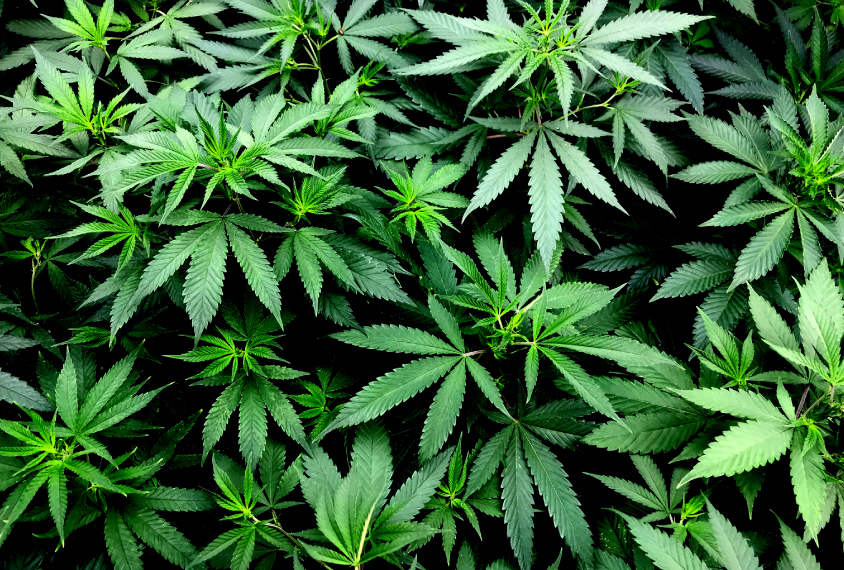
Cannabis compound improves sociability in autism mouse model
A single dose of cannabidiol, a component of marijuana, eases seizures and improves learning and sociability in mice with mutations in an autism gene called CDKL5.
A single dose of cannabidiol, a component of marijuana, eases seizures and improves learning and sociability in mice with mutations in an autism gene called CDKL5.
The results add to growing evidence that cannabidiol, or CBD, can treat epilepsy and autism. Researchers presented the work yesterday at the 2019 Society for Neuroscience annual meeting in Chicago, Illinois.
“This is a starting point,” says Rachel White, a research associate scientist in Frances Jensen’s lab at the University of Pennsylvania who presented the work. “CBD had positive effects in the animals,” and no negative ones, she says.
Infants with mutations in CDKL5 develop a host of symptoms, known collectively as CDKL5 deficiency disorder, previously known as atypical Rett syndrome. Children with these mutations are typically diagnosed with severe epilepsy in the first few months of life, followed by intellectual disability and autism-like behaviors.
CBD is the major non-psychoactive compound in marijuana. Last year, the United States Food and Drug Administration approved CBD to treat seizures in two conditions related to autism: Lennox-Gastaut syndrome and Dravet syndrome.
A study last year found that the compound also suppresses seizures in children with CDKL5 mutations1. The new findings suggest the compound could improve their behavioral problems too.
The researchers used a mouse model that mirrors the seizure severity along with the social and cognitive problems seen in CDKL5 disorder2.
They injected adult mice with either saline or CBD one hour before testing them. Compared with controls, the animals that received CBD were less prone to seizures, spent more time with other animals and performed better on memory and learning tests.
The researchers plan to study the effects of long-term treatment with CBD.
“These animals grew up without any treatments, and just one treatment at a late age was able to deliver these changes,” White says. Treating the mice earlier in life may give even better results, she says. “It would also tell us if there’s any detrimental effect of growing up with CBD.”
The researchers are looking at whether CBD’s target receptors in the brain are expressed differently during development in mice with CDKL5 mutations than in controls.
For more reports from the 2019 Society for Neuroscience annual meeting, please click here.
References:
Recommended reading

New organoid atlas unveils four neurodevelopmental signatures
Explore more from The Transmitter

The Transmitter’s most-read neuroscience book excerpts of 2025

Neuroscience’s leaders, legacies and rising stars of 2025


